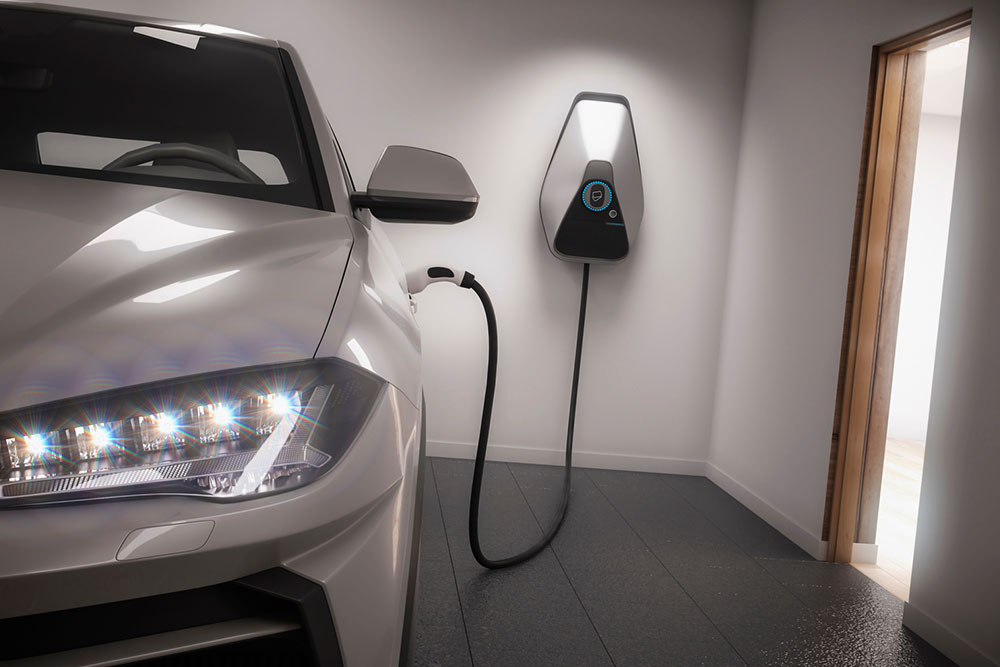6 mistakes to avoid while buying an electric SUV

Buying an electric SUV is a big step towards environmental sustainability. These vehicles have a lower carbon footprint and emissions and retain many of the beloved qualities of regular SUVs, like an imposing frame, off-road ability, and comfortable seating. However, several additional factors must be noted before purchasing a green SUV. To ensure one is making the right decision, here are some of the common mistakes to avoid when buying an electric SUV:
Not considering the vehicle’s range
Many people make the common mistake of not considering the full-charge range of an electric vehicle before purchasing it. They are then likely to run out of battery power and may even get stranded while driving their SUV. An electric vehicle’s range is the distance it can travel on a single charge. It is important to know that not all electric SUVs are very efficient. Yes, certain electric SUVs give up to 400 to 500 miles, but certain others even return numbers as low as 100 miles per charge. The mileage of any electric SUV depends on specific factors such as driving style, terrain, and weather conditions. One must carefully check and verify (during test-drives) the range of an electric SUV before purchasing one since it is a long-term investment.
Forgetting about tax credits
Electric vehicles are much better for the environment as compared to their petrol-powered counterparts. To incentivize people to make the switch, governments and other local authorities reward individuals who purchase these vehicles by giving them tax breaks and credits. Unfortunately, most people who can get such credits do not even know about them. Also, since electric SUVs are on the higher end of the price spectrum, users who can afford them may not always need the incentive.
In some states, the tax credits could go up to as much as $7,500 for electric vehicle buyers. Tax rebates and credits are a dollar-for-dollar reduction of the amount of tax a person is liable to pay every year. This means that, if a person has already made other investments and donations to bring down their tax liability to a specific sum, and then goes on to purchase an electric SUV, then their liability is likely to come down to a perfect zero.
Overlooking the charging infrastructure
Not all states and countries around the world have established the infrastructure to support electric vehicles. In many zones, charging portals are hundreds and hundreds of miles apart. This makes the life of electric vehicle owners difficult and is also one of the many reasons why people buy regular SUVs instead of electric ones.
Before considering an electric SUV, people need to know everything about the charging infrastructure available in the area where they reside and commute to work. If they stay in a region that has charging points every few miles and also service stations to make electric vehicle repairs, then purchasing an electric SUV makes financial and after-sales sense. However, if the infrastructure is not adequate, then one should consider sticking with their current hybrid SUV or conventional vehicle until the infrastructure catches up with their environmental ambitions.
Not considering the cost of charging
Apart from the infrastructure, the charging costs of electric SUVs also tend to be on the higher side, just like their price. Therefore, while setting up a budget for an electric SUV, people should allot more money to it than they would on a regular vehicle. SUVs, in general, are also more expensive than sedans. Therefore, one must be aware of the expenses that they are likely to incur if they drive their SUV on a daily basis.
Neglecting to test-drive
As implied earlier, a test-drive gives one a reliable account of a vehicle’s on-road performance. While driving a test vehicle, people get to know how smoothly an electric motor runs, how noiseless it is, and how the gearbox, powertrain, steering, and brakes work together.
Not doing a test-drive will cause one to not know if the vehicle is the right fit for them. If someone is used to driving a conventional petrol or diesel vehicle, they may find it challenging to switch to driving an electric SUV without having experienced a test-drive to learn the way the vehicle functions.
Overlooking battery warranty
The battery is an all-important component of an electric SUV. Therefore, carmakers give buyers a battery warranty in case the older one gets damaged or worn out and needs a change immediately. Even then, customers need to ensure that the dealer from where they are purchasing an electric vehicle is giving them the requisite paperwork needed to confirm the purchase of a battery warranty. Not doing so leaves them vulnerable to no insurance coverage or compensation in case their SUV battery dies on them in the middle of a commute to work or when they are traveling on a holiday.
As with any car, one needs to ensure multiple factors are checked before committing to buying a model. However, as electric SUVs are still so new to so many, it is crucial to doubly verify all factors and establish a level of comfort with their workings and limitations before buying one.











